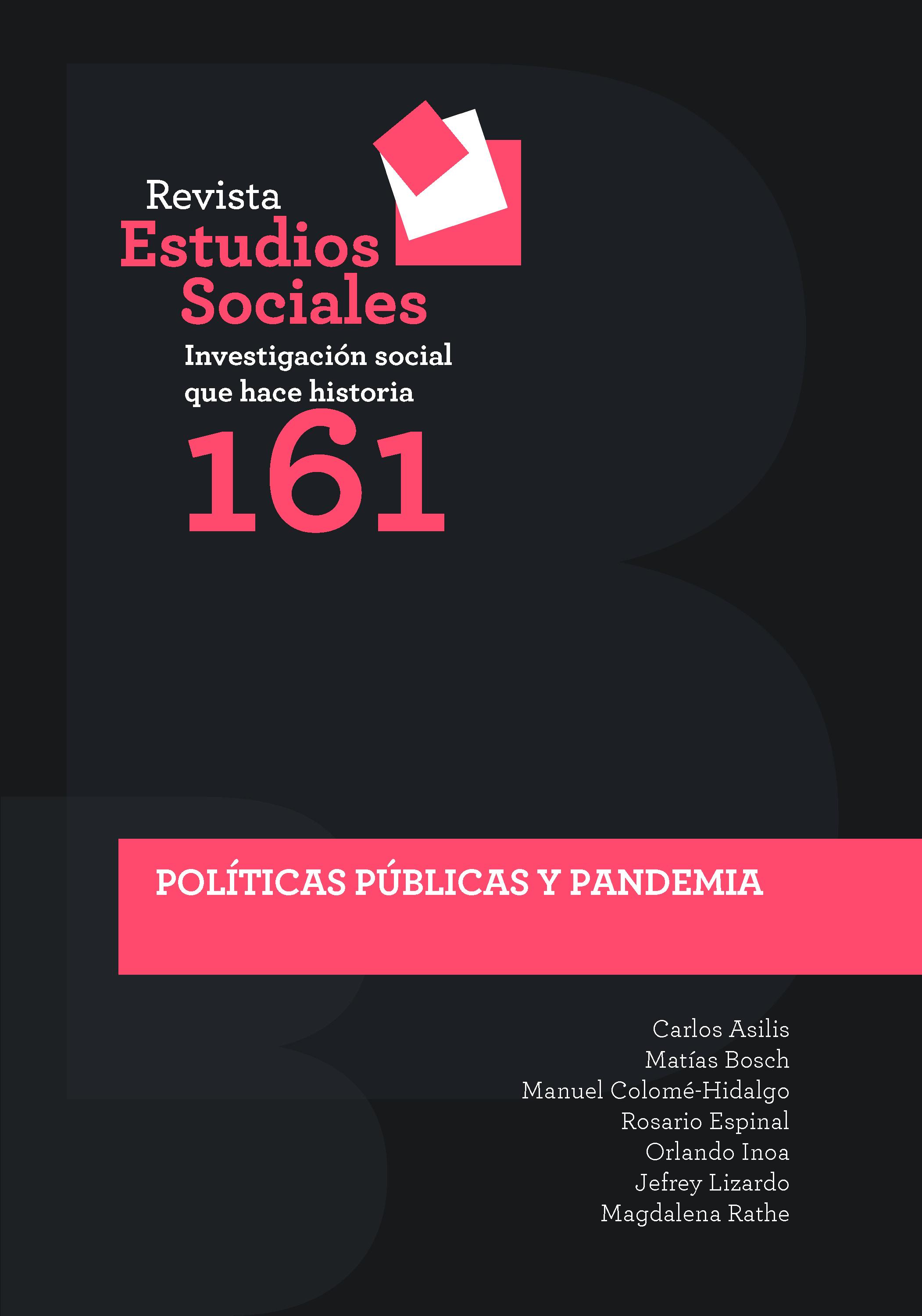Middle class and Dominican politics
Abstract
The Dominican state, corrupt and clientelistic in its operation and relationship with various social strata, emphasized welfare in the first two decades of this century to cushion the negative effects of an economic model of low wages, high unemployment, and informality. This welfare, together with the economic growth between 2004 and 2019, contributed to the reduction of poverty and the growth of the middle strata. Consequently, during this period, the middle class consolidated its political mobilization against the State around various issues – in particular, education, the environment, and anti-corruption, while increasing its impact on electoral processes.
License

This work is licensed under a Creative Commons Attribution-NonCommercial 4.0 International License.



